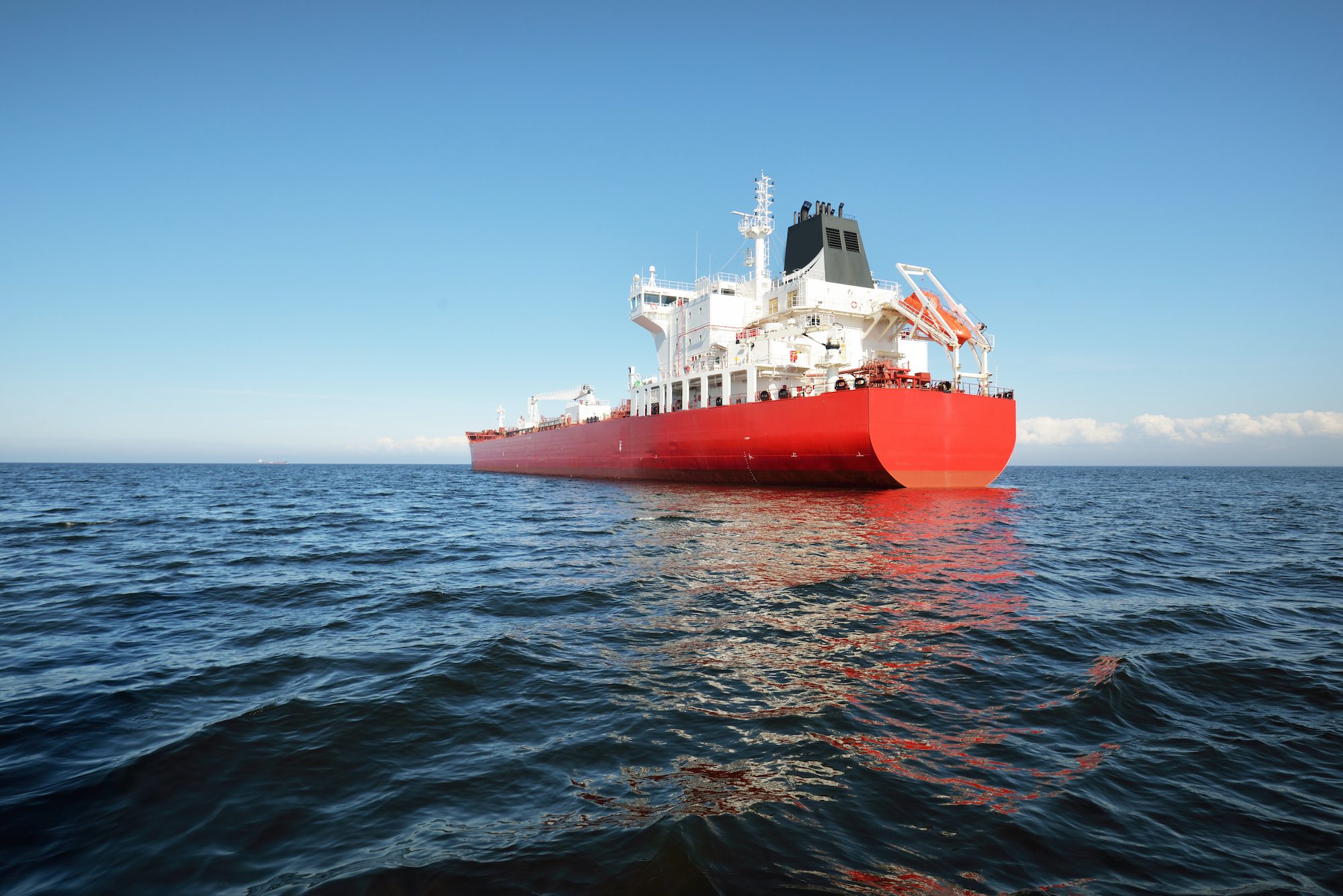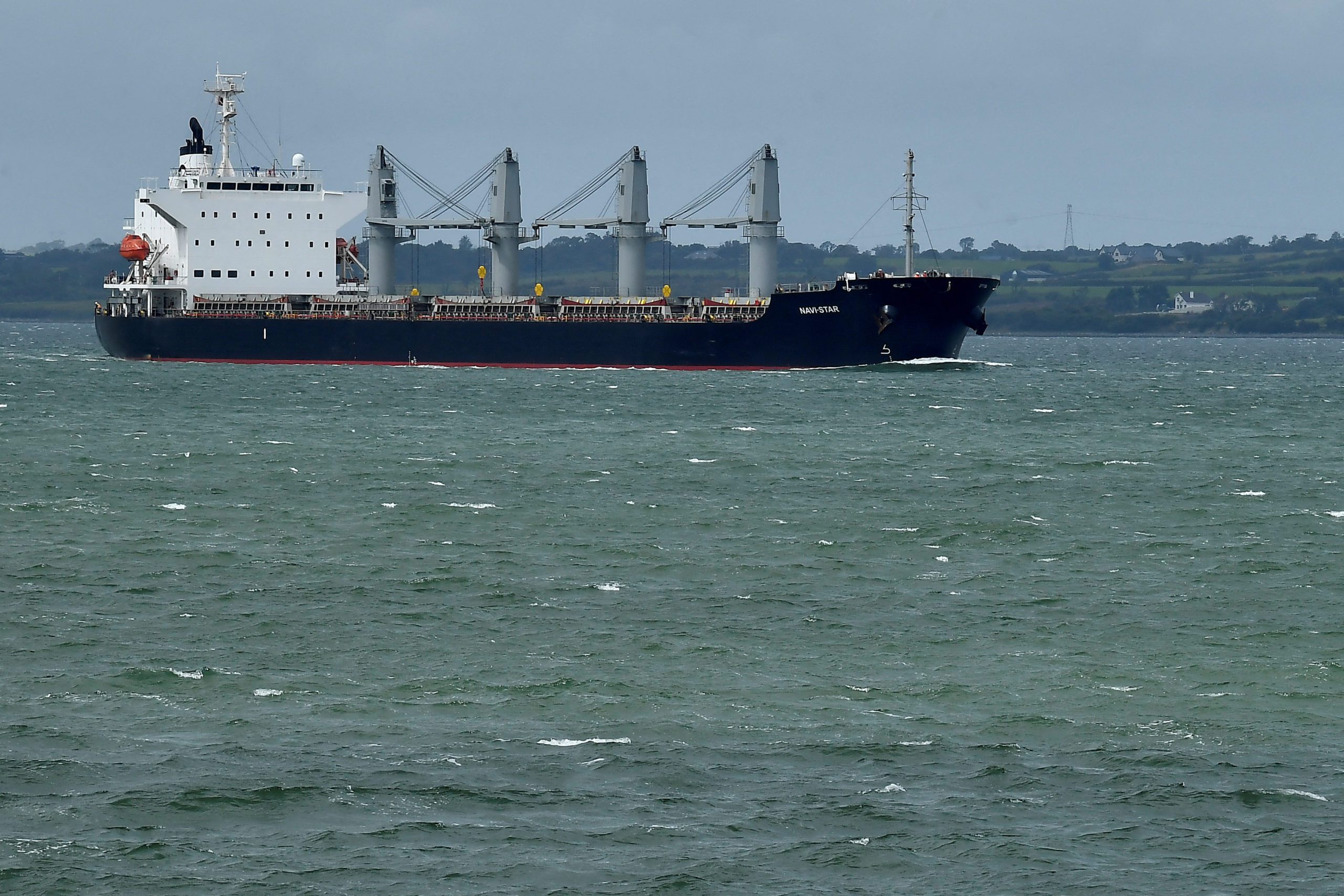Out of the more than two dozen international banks that have reported emissions data of their ship finance portfolios, only seven are aligned with the IMO’s current ambition of reducing greenhouse gas emissions from international shipping by at least 50% by 2050.
That’s one of the findings in the third Poseidon Principles Annual Disclosure Report 2022 published this week.
This year’s report includes a more granular disclosure of emissions data which will allow financial institutions to better understand their carbon footprint and jointly promote the maritime industry’s transition to zero emissions. The latest report shows that there’s a hard road ahead.
Launched in 2019, the Poseidon Principles is a global framework increasing the transparency of financial institutions’ shipping portfolios against the International Maritime Organization’s (IMO) climate targets. It was launched with 11 founding members (Signatories), but has since grown to 30 financial institutions covering more than 70% of the global ship finance portfolio.
“This year’s reporting is the most granular and extensive yet, and more banks have joined the initiative, which is very encouraging,” says Michael Parker Chairman, Global Shipping, Logistics and Offshore, Citi, and Chair of the Poseidon Principles. “I am pleased that Signatories have been willing to be even more transparent about the make up of the carbon footprint in their portfolios. Being transparent is the only way we can make change happen and better support clients in the crucial years for shipping decarbonization ahead of us.”
Even with the IMO set increase its level climate ambition, Parker says he is not discouraged that only a minority of reporting banks are aligned with the current 2050 target.
“We are on a multi-year journey, but with this data we can see our performance, and support our decision-making with insight. Reducing GHG emissions has become a priority in the maritime industry, including for ship finance. However, ships have a 20+ year lifecycle. It will take time for this trend to be reflected in our portfolios, even with the banks favouring low-carbon projects,” he says.
The latest report collates ship emissions data collected by lenders from their clients for their activities in 2021. The data is then compared to the IMO’s decarbonization trajectory for the same year to show whether a ship finance portfolio was compatible with the 50% reduction of emissions by 2050.
With the expected adoption of the Revised IMO GHG Strategy at MEPC 80 in July 2023, which will likely include a raised level of ambition, Poseidon Principles Signatories in the future will include reporting against both a Paris-aligned and the revised IMO-aligned trajectory.
“I would like to welcome the five new Signatories who are reporting their climate alignment scores for the first time this year,” says Paul Taylor, Global Head of Maritime Industries, Société Générale, and Vice Chair of the Poseidon Principles. “We continue to receive strong support for data sharing and transparency among our clients, a sign that the Poseidon Principles have become an established and recognized initiative.”

 Join The Club
Join The Club










